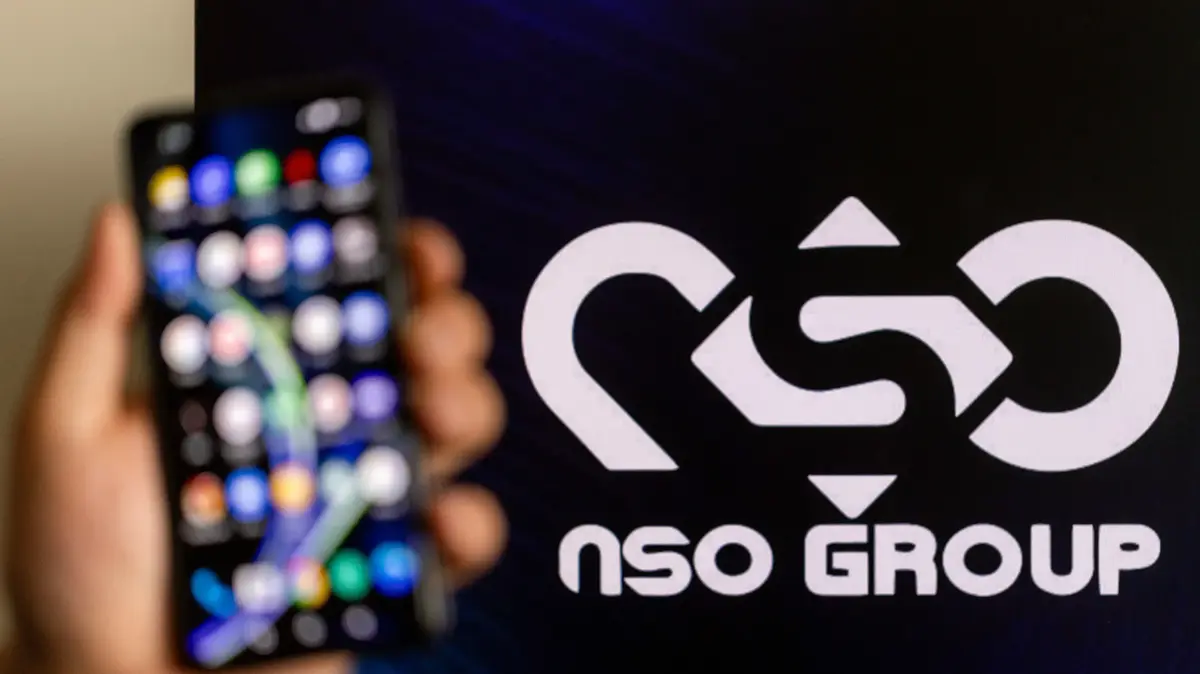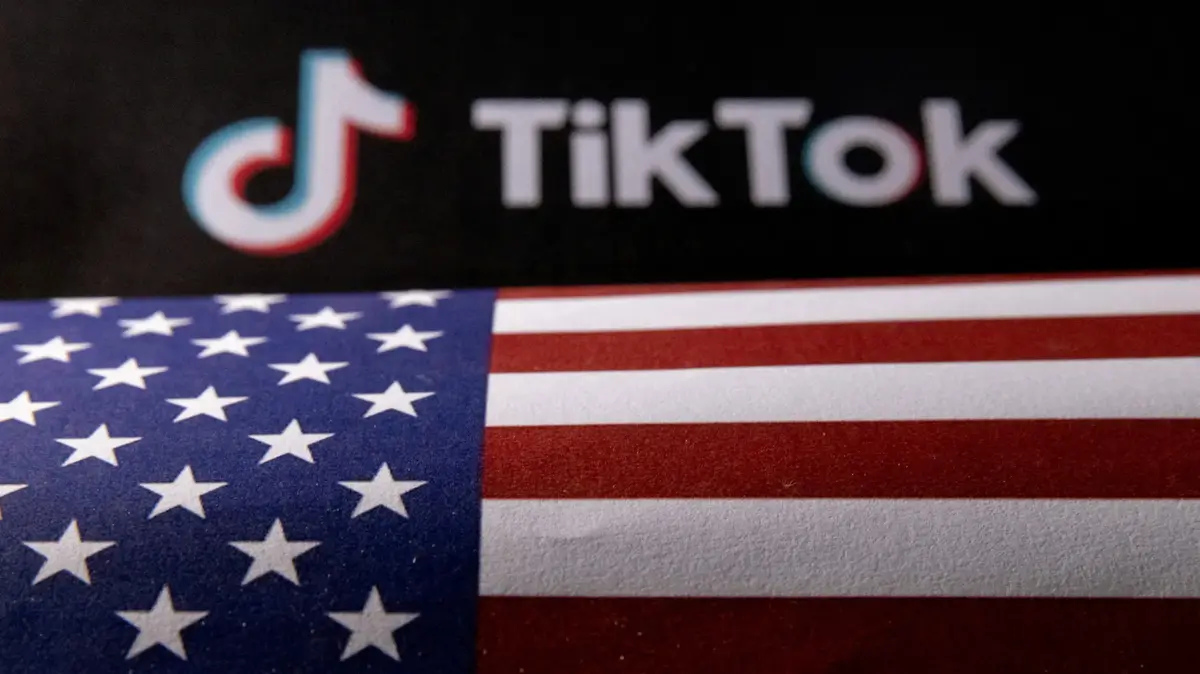The US Drug Enforcement Administration is running Israeli spyware, according to a New York Times investigation.
According to the investigation, it is a roller called "Graphite", produced by a company called Pragon.
The spy is able to penetrate the mobile phone and retrieve the information stored in the cloud.
This makes it difficult to identify the hack and the theft of the information.
"Paragon" was founded three years ago by Ehud Schneerson, former commander of Unit 8200. The company maintains an extremely low media profile, and does not even have a website.
Many of its employees are graduates of the intelligence units, some of whom worked for NSO.
Former Prime Minister Ehud Barak is one of its board members.
NSO office in the Arab Valley.
The company was blacklisted by the Department of Commerce, photo: AFP
According to an official familiar with the Israeli export permits, the company received a license to sell graphite to the US. According to the investigation, one of whose authors is the Israeli journalist Ronen Bergman, this is the first verified case of the use of the commercial software by the federal government.
The huge investigation deals with the unrestrained spread of spyware in the world.
The Biden administration took a stand last year when it put NSO on the Commerce Department's blacklist for the misuse of the Pegasus hack to harm journalists and human rights activists, thereby banning American companies from doing business with its developers.
The Israeli company Candiru was also included in the list.
In October, the White House even warned of the dangers of commercial espionage, and in determining the strategy stated that the administration would fight the illegal use of technology, including commercial espionage and surveillance technology.
We will stand up against digital authoritarianism."
In the absence of strict enforcement, spies also reach governments that target journalists and human rights activists, photo: GettyImages
However, according to the investigation, the Americans are playing a double game in this area - on the one hand, they are fighting the commercial spies and on the other hand, they are using them.
Along with the Drug Administration's use of graphite, the investigation reveals that during the Trump era, the CIA purchased NSO's Pegasus for Djibouti, and the government of the small African country used it for at least a year.
Furthermore, senior FBI officials wanted to use Pegasus during 2020 and the first half of 2021 for the FBI's investigations, but ultimately dropped the idea.
"Pegasus" is a spy that is capable of extracting information from the mobile phone without having to click on any link.
The Drug Trafficking Administration told The Times: "The men and women of the administration use every investigative tool allowed by law to pursue foreign cartels and individuals around the world, who are responsible for the deaths of 107,622 Americans last year as a result of drug use."
According to the investigation, despite NSO's inclusion in the blacklist, the private market for spying is flourishing all over the world - and with it flourishing the problems arising from the lack of consistent regulation and enforcement in the field.
Thus, for example, "Intelxa" is mentioned in the investigation, which sells the "Preditor" spyglass and is now at the center of a scandal of surveillance of journalists and politicians in Athens.
The company is headed by Col. Tal Dilian.
After being contacted by The New York Times, the government in Athens admitted that it had granted Intelexa a license to sell the spyglass to at least one country with a record of repression: Madagascar.
But the "Predator" is found alongside Madagascar in 12 other countries - evidence of the growing demand for rogues as well as the lack of strict international enforcement.
were we wrong
We will fix it!
If you found an error in the article, we would appreciate it if you shared it with us







/cloudfront-eu-central-1.images.arcpublishing.com/prisa/DLTDDS5OAJK733QSV3Q65TPJR4.jpg)







